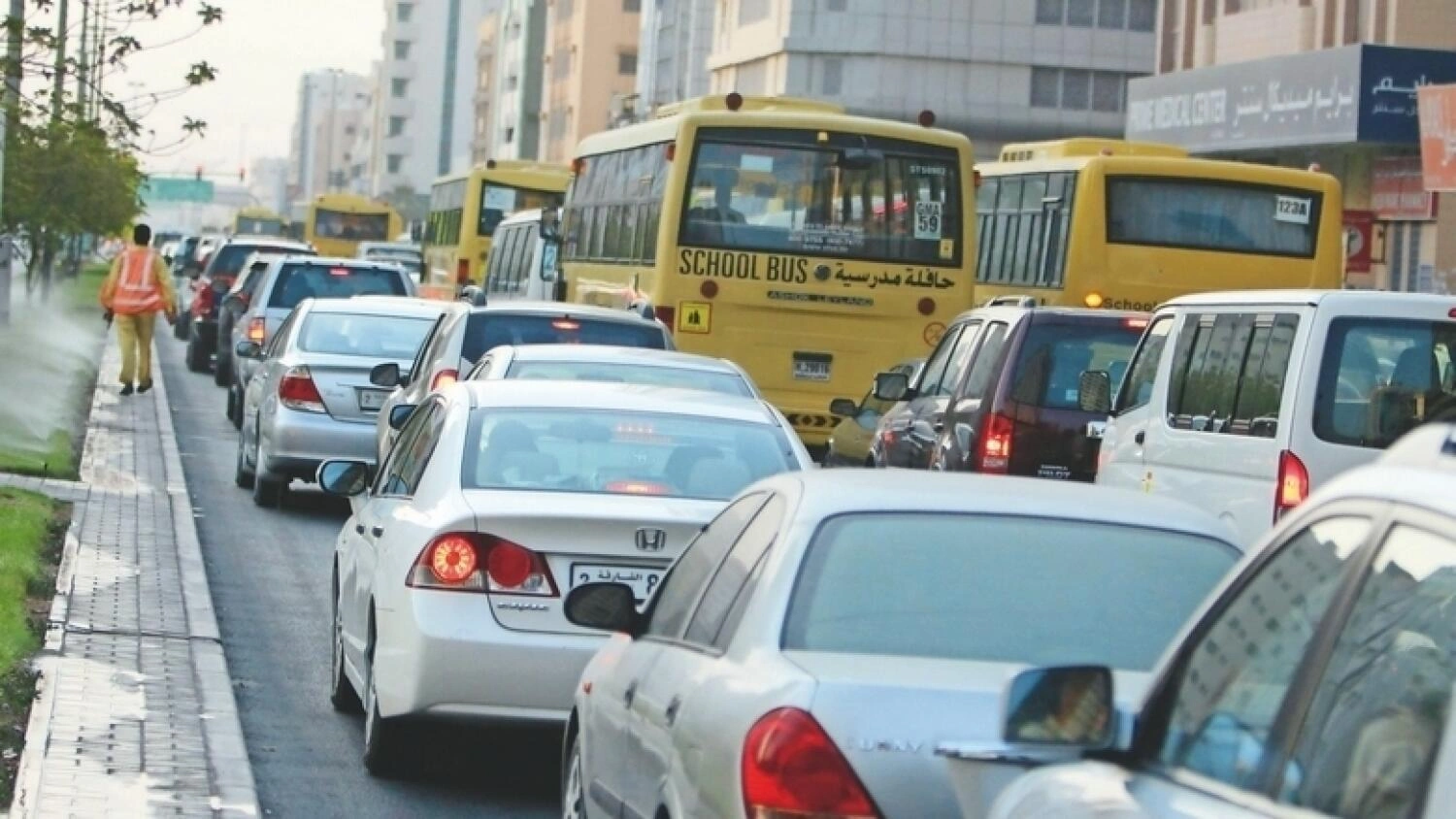Dubai is taking steps to reduce traffic congestion by promoting flexible working hours and remote work policies across both the public and private sectors. These changes aim to help ease morning peak traffic by encouraging more people to work from home or adjust their working hours.
According to two studies, allowing a two-hour start window for work and up to four or five remote workdays per month can reduce morning traffic across Dubai by 30%. For example, if 20% of employees work remotely, traffic on Sheikh Zayed Road could drop by 9.8%, and on Al Khail Road by 8.4%. Flexible working hours alone could reduce traffic on Sheikh Zayed Road by 5.7% and on Al Khail Road by 5%.
Impact of Flexible Work on Dubai Traffic
This initiative follows the announcement from the Roads and Transport Authority (RTA) and the Dubai Government Human Resources (DGHR) department, which released the results of two surveys. The first survey covered 644 companies employing over 320,000 people, while the second surveyed 12,000 private-sector employees.
The findings revealed that 32% of private companies already offer remote work options, with 58% of companies ready to adopt such practices. Additionally, 31% of companies provide flexible working hours, and 66% of those without it are considering introducing it.
The surveys were introduced after Dubai Crown Prince Sheikh Hamdan bin Mohammed approved a plan to improve traffic flow. The shift to remote work during the Covid-19 pandemic had already helped many companies set up the digital infrastructure needed for employees to work from home. This infrastructure remained in place for emergencies, such as the unprecedented rains and flooding in April, when offices transitioned to remote work.
Flexibility for Employees and Productivity Benefits
Abdulla Ali bin Zayed Al Falasi, the director-general of DGHR, emphasized that remote work is now a key part of the corporate culture in many government entities. Some companies allow employees to choose a few remote workdays each year, and government bodies provide flexibility with start times between 6:30 am and 8:30 am, helping employees avoid peak commute times.
Statistics from surveys show that 80% of government entities allow employees to work remotely two days per week. Furthermore, 87% of Dubai Government employees agree that flexible working hours meet their personal needs, and 89.4% say these hours boost productivity. The survey also found that 80.4% of employees feel their productivity is the same while working remotely, and 90% have no issues with communication or connectivity.
Encouraging Public Transport Use
Mattar Al Tayer, the commissioner-general for Infrastructure, Urban Planning, and Well-Being, stated that remote work and flexible hours are essential parts of Dubai’s traffic management policies.
These policies also include expanding truck movement restrictions, increasing dedicated lanes for buses and taxis, and offering first- and last-mile public transport options to encourage residents and visitors to use public transport instead of private vehicles. Additionally, the policies encourage carpooling for employees, helping to further reduce the number of cars on the road.





